US ‘very open’ to imposing sanctions on Russia's oil and gas industry
Joe Biden's administration says it is "very open" to imposing sanctions on Russia's oil and gas industry, adding that it is considering the fallout of the move on global markets and US energy prices.
In an interview with MSNBC on Wednesday, White House spokesperson Jen Psaki said they are “trying to hurt President (Vladimir) Putin and the Russian economy” with the move.
“We’re very open,” Psaki asserted on being asked if Washington and its Western allies would impose sanctions on Moscow's energy sector in response to Moscow’s military intervention in Ukraine.
"We’re considering it. It’s very much on the table, but we need to weigh what all of the impacts will be," she hastened to add.
Tensions have heightened between Washington and Moscow over the latter’s military operation in Ukraine, which entered its 7th day on Wednesday.
The operation has prompted the US and its allies to impose harsh sanctions on Kremlin.
While the US has so far stopped short of targeting Russian oil sales, US traders have already moved to put such imports on hold, causing massive disruption in energy markets.
Biden administration has warned to sanction Russian oil if Moscow continues its military operation against Kiev. Psaki, however, said they were discussing its possible fallout.
Sanctions on the energy sector and payments to Russia, experts opine, would constitute an ultimate step in a campaign to pressurize Russia into retreating from Ukraine.
"That's something we heavily weigh," she told CNN in an interview earlier.
Oil prices have soared to an eight-year high almost a week after Moscow ordered a military operation in Ukraine, reaching a peak of $113.02 a barrel on Wednesday before easing to $111.53.
"We want to minimize the impact on the global market place and that includes the global oil marketplace and the impact of energy prices for the American people," Psaki said in Wednesday’s interview.
In his State of the Union address on Tuesday, Biden condemned Russia's military operation against Ukraine, saying it was "premeditated and totally unprovoked."
"While he (Putin) may make gains on the battlefield, he will pay a continuing high price over the long run," Biden said, adding that he (Putin) “has no idea what's coming.”
Russia continues to defend the operation, saying Western arms supplies to Kiev had shown that Moscow was right to seek demilitarization of its neighbor.
Kremlin spokesperson Dmitry Peskov at a news briefing on Monday, a day after the European Union said it would fund the delivery of weapons to Ukraine, slammed the EU for its hostile behavior towards Russia, stressing that the bloc's arms supplies to Ukraine were "dangerous and destabilizing."
Last week, President Putin announced a "special military operation" aimed at “demilitarization” of the Donetsk and Lugansk republics in eastern Ukraine, together known as Donbas.
The regions broke away from Ukraine in 2014 after refusing to recognize a Western-backed Ukrainian government that had overthrown a democratically-elected, pro-Moscow administration.
Putin said the mission was aimed at “defending people who for eight years are suffering persecution and genocide by the Kiev regime.”
Last week, a report in CNN said the US government was expected to announce that it will allow sanctions to move forward on the company tasked with building Nord Stream 2 gas pipeline.
Citing US officials, the report said the move was part of a series of penalties the US and its allies have imposed on Moscow in response to Putin's recognition of two breakaway regions in eastern Ukraine as independent.
The $11 billion ambitious project, meant to supply Russian gas under the Baltic Sea to Germany, was finished last September but has been awaiting certification by Germany and the European Union.
It came after German Chancellor Olaf Scholz said his government had taken steps to halt the approval process for the Nord Stream 2 gas pipeline from Russia over the simmering crisis in Ukraine.
In his remarks on Monday, Kremlin spokesman Dmitry Peskov said the infrastructure of the pipeline was ready to operate, and will not disappear, as some Western media outlets have been claiming.
"As for the death of this project, the infrastructure is ready, technically, technologically, logistically, and so on, this infrastructure will be in place, it will not go anywhere. Common sense and economic feasibility clearly indicate the need to launch this facility as soon as possible," Peskov told reporters.
Mother’s Day: Sareh Javanmardi’s inspiring journey as Paralympic champion and mother
Russia downs over 40 Ukrainian drones as Putin vows 'destruction' on Kiev
VIDEO | Yemen: A bone in Israeli neck
D-8’s role in Iran’s economy after Cairo summit
China slams US as ‘war-addicted’ threat to global security
China ‘firmly opposes’ US military aid to Taiwan
VIDEO | Press TV's News Headlines
President Yoon Suk Yeol to be removed from office


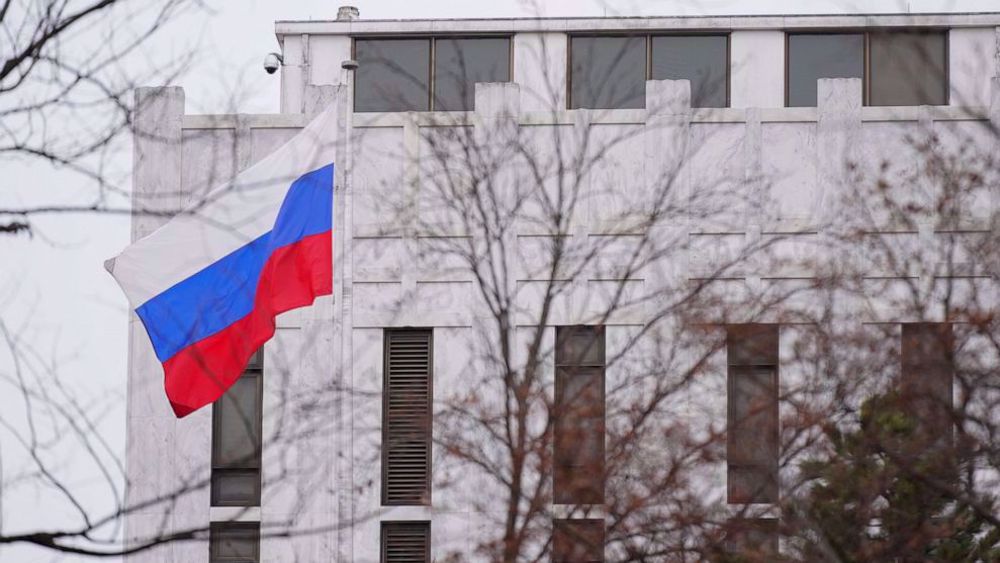
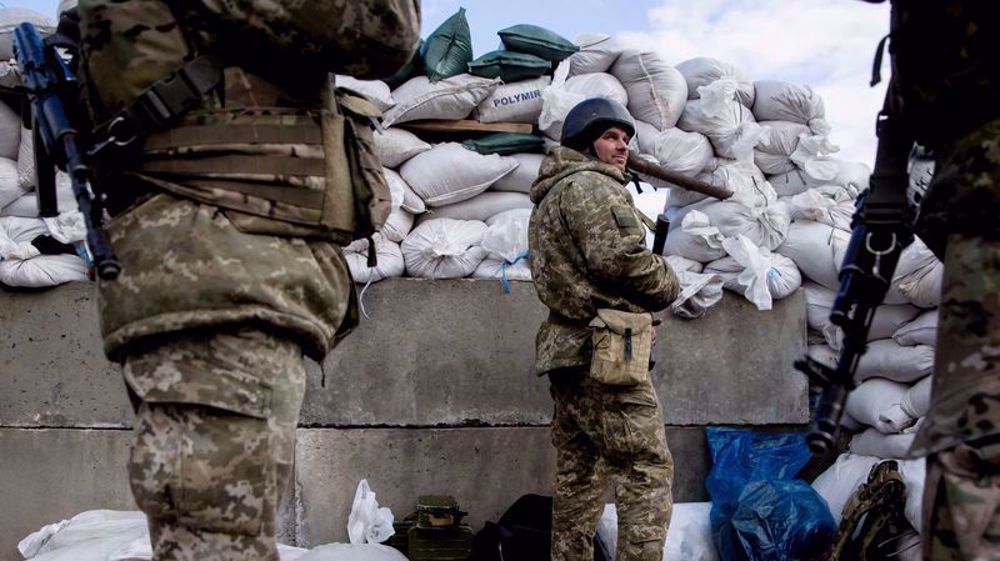

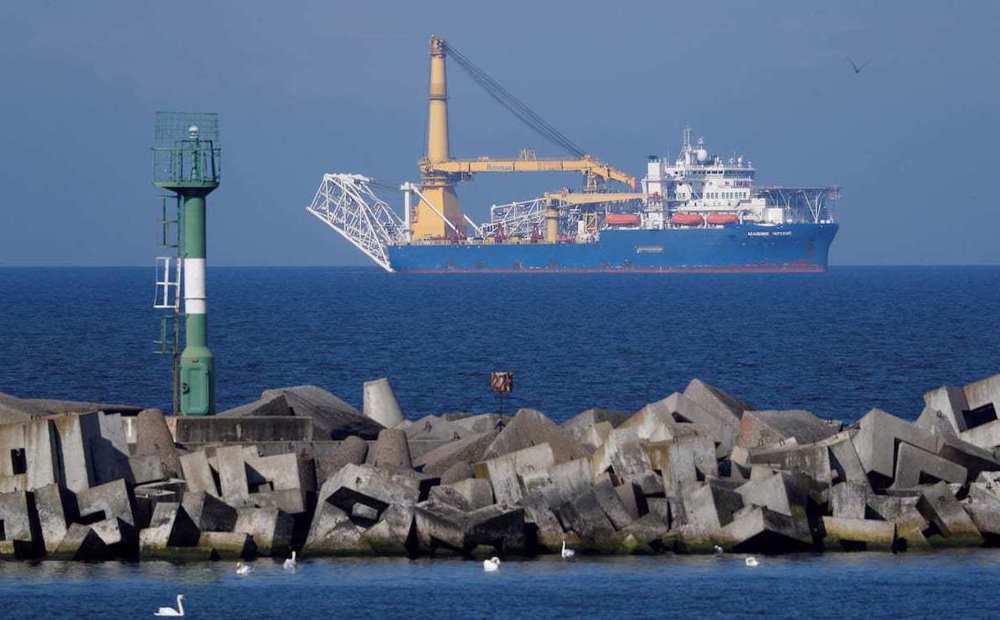






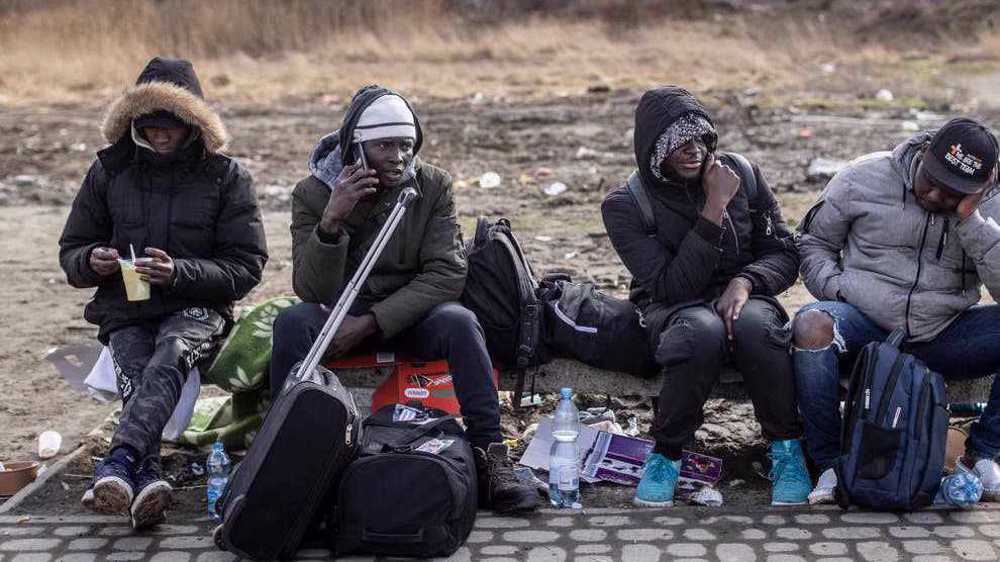
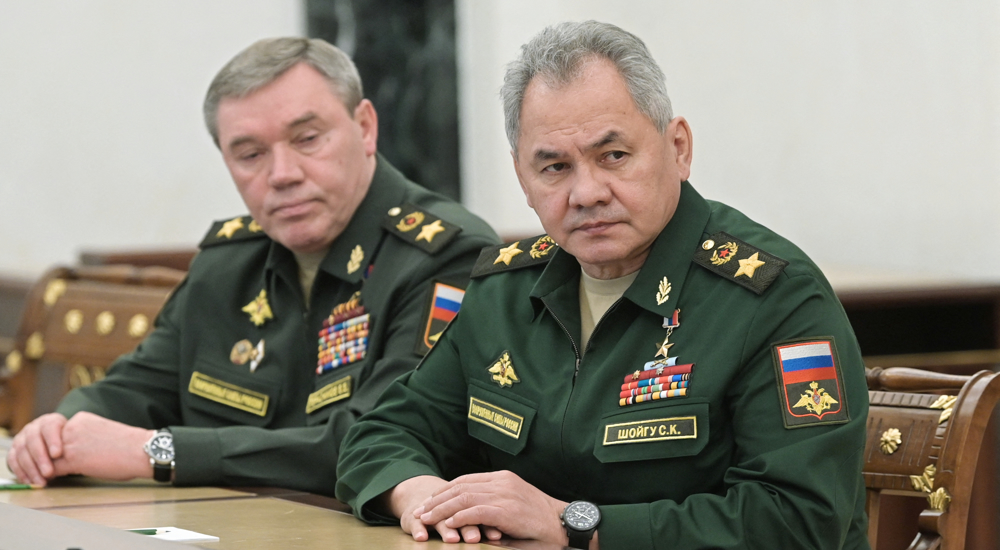
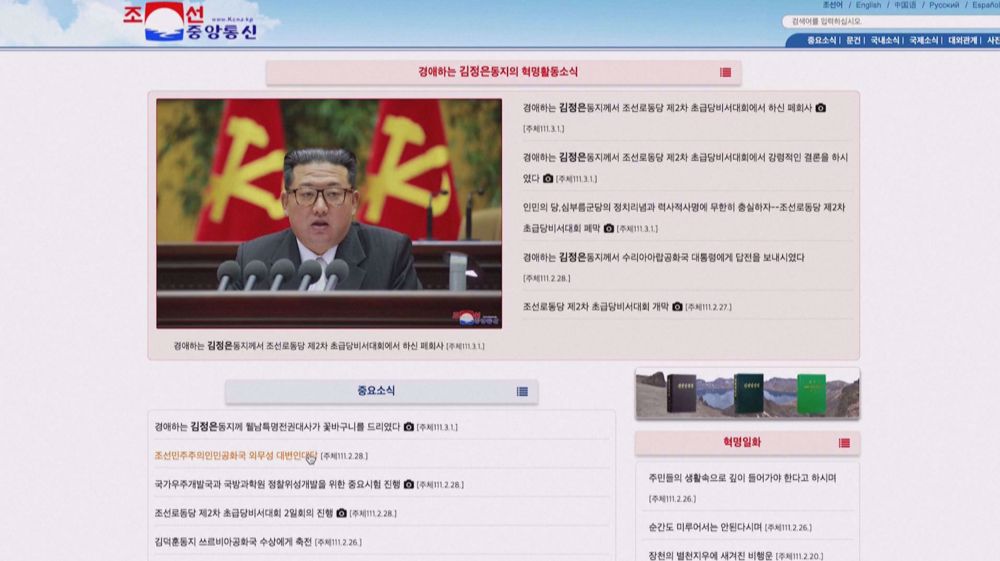
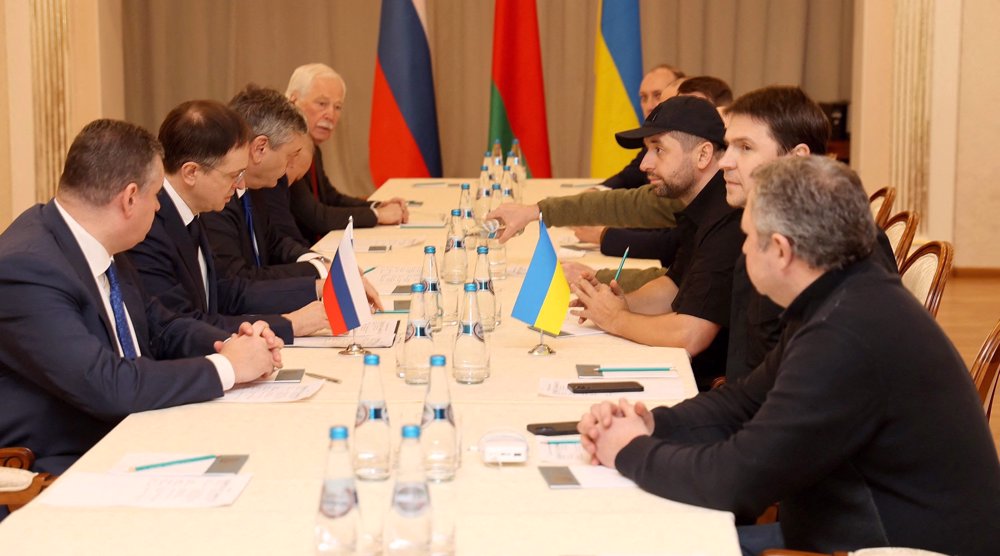

 This makes it easy to access the Press TV website
This makes it easy to access the Press TV website